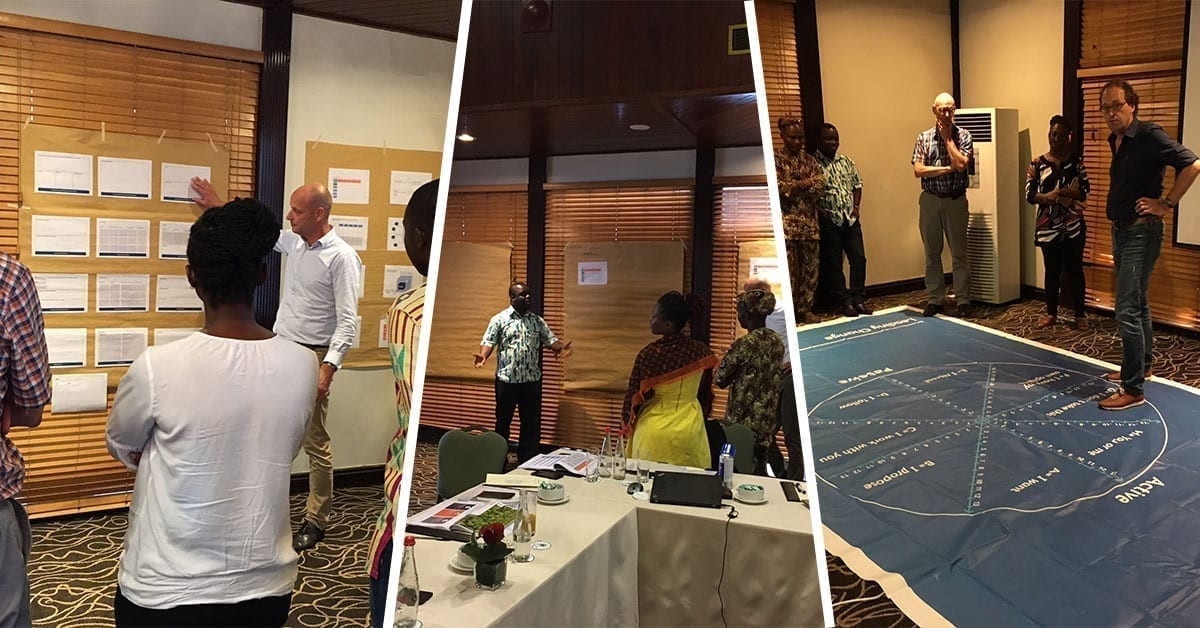Change Management and Transformation are topics that we relate to everyday. Therefore, it was time to refresh the knowledge of our team during the knowledge session of last month. Our colleagues Martin Schuit, Gaby Baas and Floor van de Vaart are especially interested in these topics and took a deep dive in the different approaches and how to apply them in our field. They shared this with the rest of the colleagues during an interactive session.
"Change is all about behaviour and behaviour is always based on drivers; the reason why people behave as they do. The McClelland driver model helps us to find motives to understand human behaviour. This model makes a distinction between short- and long-term effects depending on the behaviour and the drivers behind one's behaviour.
During a period of change, everyone undergoes a process of transition but the rapidity and timing differs per individual. In order to make the transition successful, it is important to keep the time between fear and acceptance of these individuals as short as possible. Furthermore, it is important to keep in mind that individuals in a group influence each other, so working with early adopters and resisters is advisable as they have the biggest effect on the majority of the group. In order to take into account all of the above, one can proactively set up a plan including a strategy. However, plans do not always work out as expected therefore one always have to be ready to apply reactive change management techniques.
In this knowledge session, we focused on proactive change management by analysing the three phases of unfreeze, change and refreeze, which are needed to implement change successfully. The theoretical framework of Kotter is one of the different existing theoretical model to offer guidance in realizing this. In eight steps the model walks through the three phases starting with the creation of a sense of urgency, continuing by the implementation of change and ending with the last step which is to anchor it. Each of the steps has pitfalls to anticipate and success factors to respond to. Several change management tools help to translate this into practice. One of these is storytelling; about which we wrote an article (click here to read it).
Would you like to know more? Or is your organisation facing a period of change? Contact us for more information!



